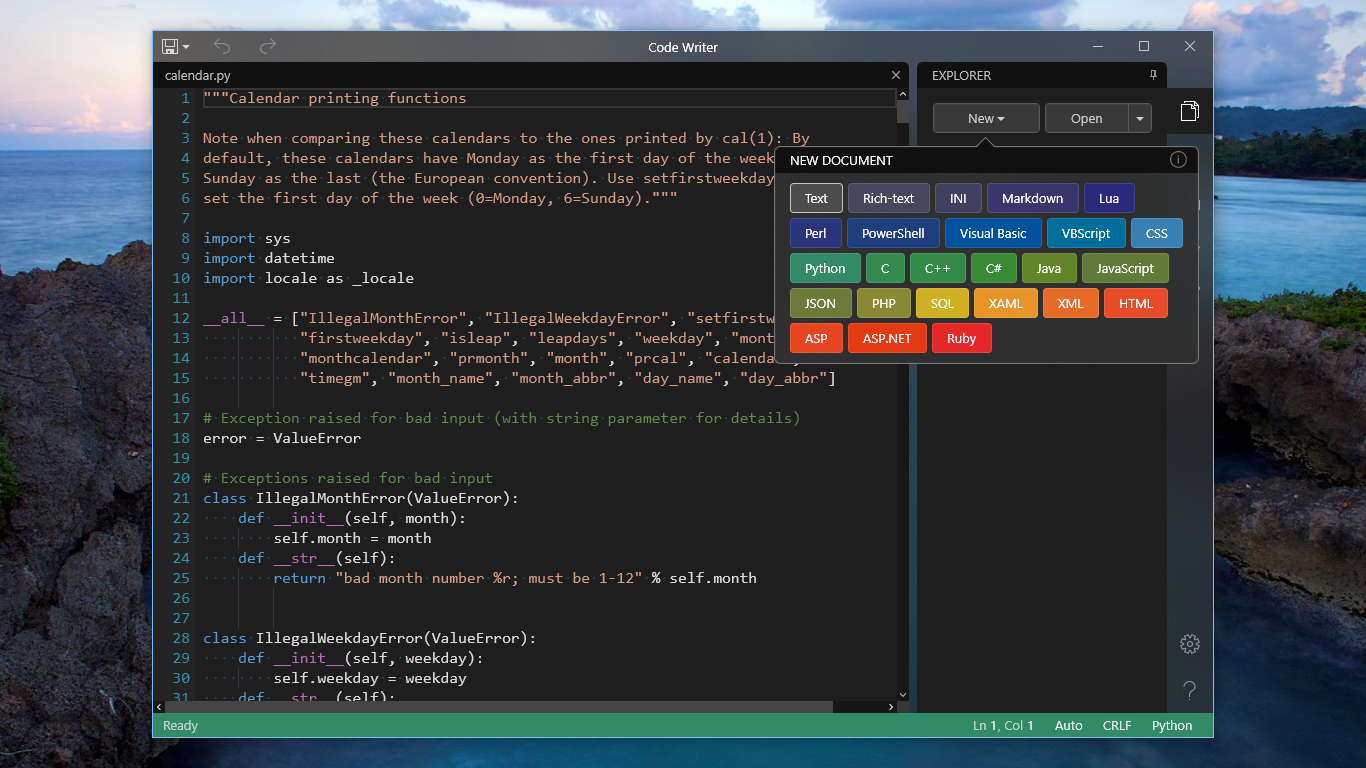Aladingsc Insights
Your go-to source for trending news and informative guides.
Coding Software: Where Bugs Meet Their Match
Unleash your coding skills! Discover how to tackle bugs head-on and elevate your software projects. Join the coding revolution today!
Top 5 Debugging Techniques Every Developer Should Know
Debugging is an essential skill for every developer looking to enhance their coding efficiency and problem-solving abilities. Here are the top 5 debugging techniques that every developer should know:
- Print Debugging: This classic technique involves using
printstatements to output variable values at various points in your code. It helps identify the flow of execution and find where things may be going wrong. For more insights on print debugging, check out Real Python. - Interactive Debugging: Tools like
pdbfor Python orgdbfor C/C++ allow developers to pause execution and inspect the program state dynamically. This method enables deeper analysis, allowing you to modify variables live and step through the code. For a guide on usingpdb, visit Python's Official Documentation. - Logging: Instead of print statements, using logging libraries helps keep track of events that occur in your application. They offer various log levels (such as debug, info, warning, etc.) to provide valuable insights without cluttering your code with print statements. Learn more about logging in Python Logging Documentation.
- Use of IDE Debuggers: Many Integrated Development Environments (IDEs) come with built-in debugging tools that allow you to set breakpoints, inspect variables, and step through your code. Popular IDEs like Visual Studio Code and PyCharm have robust debugging features—find out more on VS Code Debugging.
- Code Reviews: Pair programming or code reviews can reveal issues that you might overlook when debugging alone. Collaborating with another developer provides a fresh perspective and can lead to discovering solutions more efficiently. For tips on effective code reviews, check out Atlassian's Guide.

How to Create a Bug-Free Coding Environment: Best Practices
Creating a bug-free coding environment is crucial for enhancing productivity and ensuring high-quality software development. To achieve this, start by setting up a version control system like Git. This allows you to track changes, collaborate with others, and easily revert to a previous state of your code if needed. Additionally, consider utilizing tools such as static code analysis to automatically detect potential issues and bugs in your code before they escalate. Make sure to establish a consistent coding style by implementing guidelines like Google's JavaScript Style Guide, which can help maintain readability and prevent common errors.
Another best practice in building a bug-free coding environment is to incorporate rigorous testing into your workflow. Adopting methodologies such as Test-Driven Development (TDD) can ensure that your code is tested from the outset, reducing the likelihood of bugs significantly. Use automated testing frameworks like Jest for JavaScript or Pytest for Python to streamline this process. Regularly review and refactor your code based on feedback and testing results; thus, fostering an iterative improvement process. By integrating these practices, developers can not only enhance the stability of their applications but also create a more enjoyable coding experience.
What Are the Most Common Coding Bugs and How to Fix Them?
When developing software, encountering bugs is an inevitable part of the process. Some of the most common coding bugs include syntax errors, which occur when the code does not follow the proper syntax of the programming language, and logic errors, where the code runs without crashing but produces incorrect results. Additionally, runtime errors can happen due to issues such as null pointer exceptions or division by zero. Understanding these common bugs is crucial for debugging effectively. For more detailed explanations, you can visit FreeCodeCamp.
To fix these common coding bugs, developers should employ systematic debugging techniques. Using tools such as debuggers allows for step-by-step execution of the code, helping to pinpoint where things go wrong. Additionally, implementing thorough testing, including unit tests and integration tests, can prevent many issues before they arise. Another helpful approach is to engage in code reviews with peers, as fresh eyes can often catch bugs that the original coder might miss. For further insights on debugging practices, check out Codecademy.